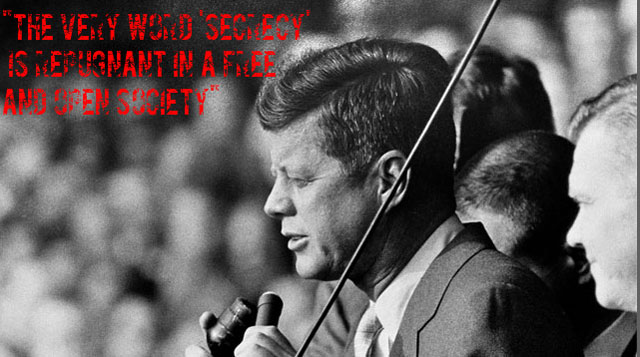Profile in Courage: Nicholas Merrill, Web Freedom Hero

Nicholas Merrill is an internet service provider in New York. One day the FBI comes and they serve him with what’s called a National Security Letter demanding information about one of his clients. Talk about knowing your rights, Nick had taken a Constitutional Law class at Hampshire College. And he just thought there was something wrong in this scenario because the Order was not signed by a court. And the Order also told him that he was never allowed to tell anybody that the FBI had asked him anything at all.
So, he was just upset enough about this that even though he was being threatened with federal prosecution for telling anyone about what had happened, he went to the Civil Liberties Union. The first question he asked one of the lawyers there was, “If I challenge the government on this, is someone going to put me in a sack and drag me away?”
And the lawyer said, “We can’t tell you what’s going to happen.” Well, Nick decided that he was going to stick to his guns and he was going to challenge this anyway because he just didn’t think it was right. He thought it was too much power for the government to have that they could just demand all of your information from your Internet service provider, with no court order, and with him never allowed to tell anyone.
So, he became the Plaintiff in a law suit that was called, John Doe, it was called John Doe v. Ashcroft, then John Doe v. Gonzalez, then John Doe v. Mukasey, then John Doe v. Holder as the Attorney General kept changing, but it was still just Nick Merrill on the other side.
So for six years, he was litigating this case and he wasn’t allowed to tell anybody that he was litigating this case. He had to lie to his girlfriend when he was going to visit the lawyer, and not tell her where here was going. He had to hide the papers. Nick’s father died without ever knowing that Nick had been going through all this. And so for six years he wasn’t allowed to say who he was. He just did it. I think that’s incredible, the courage of one’s convictions.
The case that Nick Merrill brought ended up in something of a victory. There was a very good judge in the Southern District of New York who recognized that this idea of an absolute gag order, the government telling you that you can never tell anybody anything about the fact that the FBI has asked you for information, was a violation of the First Amendment, which it is.
Nick always understood that he wasn’t going to tell anybody about who it was the FBI was investigating, that there might be reason to be secret about that. But what he wanted to do, among other things, was to testify before Congress. There was the whole business about whether the Patriot Act Provisions should be renewed. And he wanted to talk about what it was like to get one of these orders and what had happened. He wasn’t allowed to do that.
So the case was actually not as great a success as I think it should have been.
In Their Own Words is recorded in Big Think’s studio.
Image courtesy of Shutterstock





